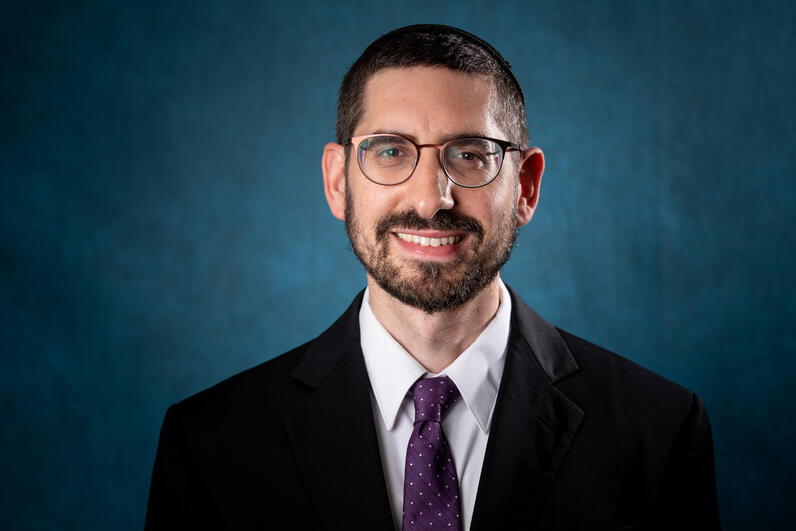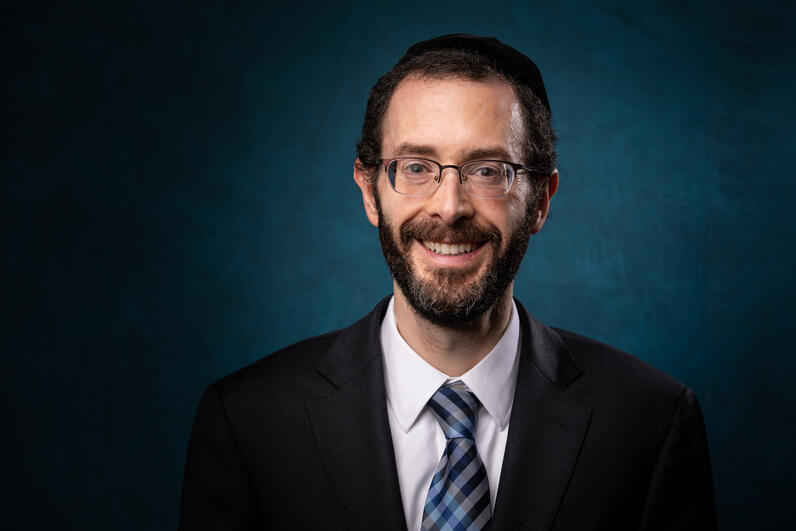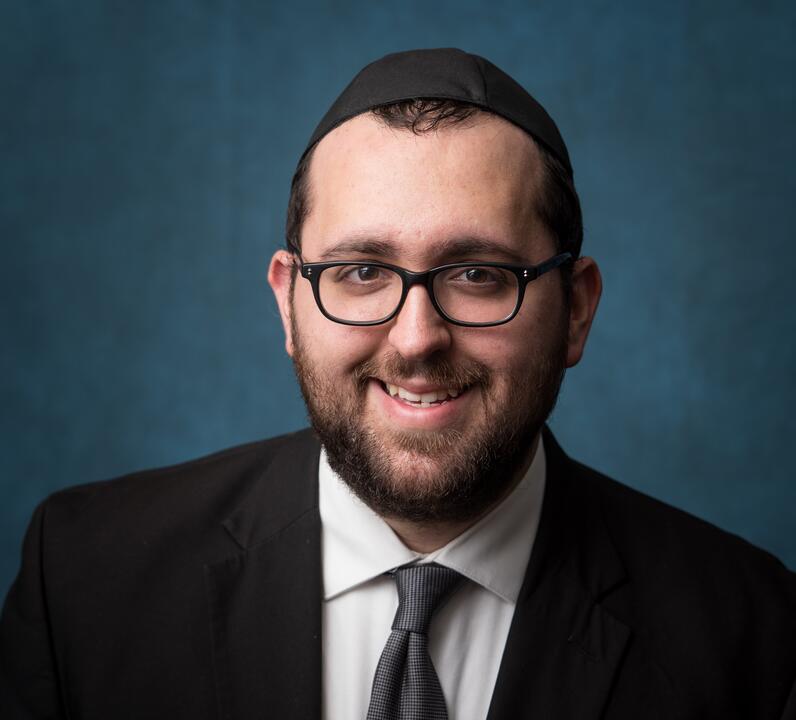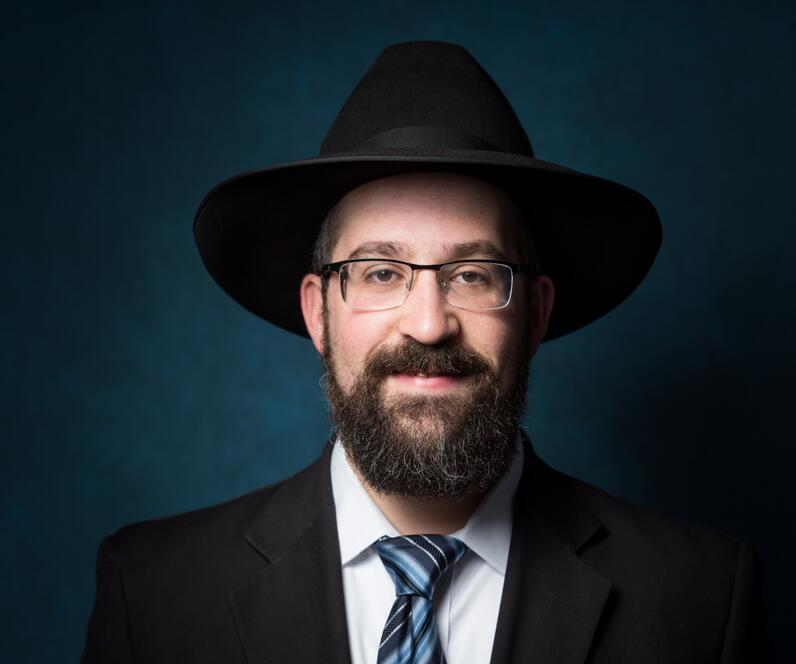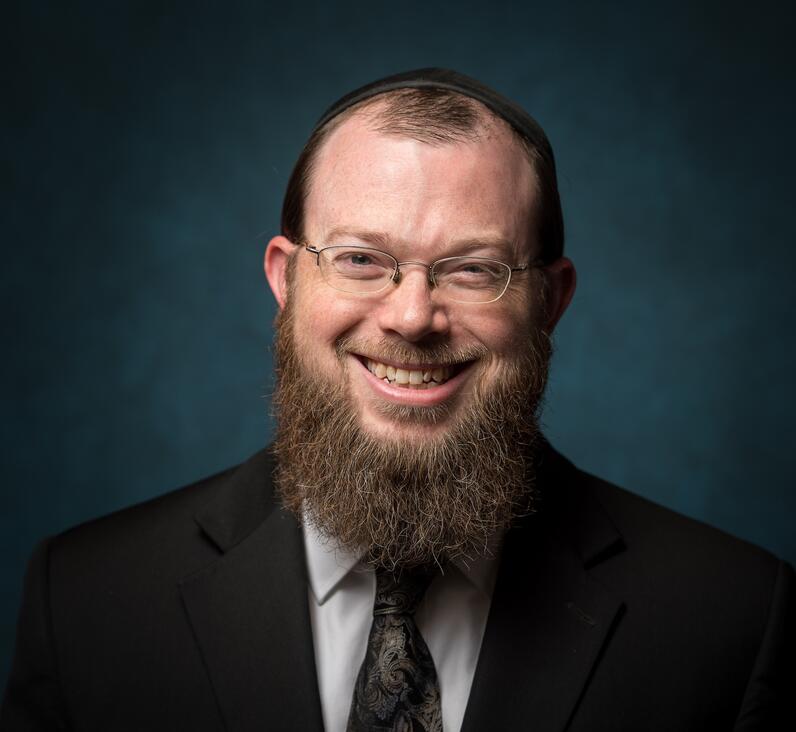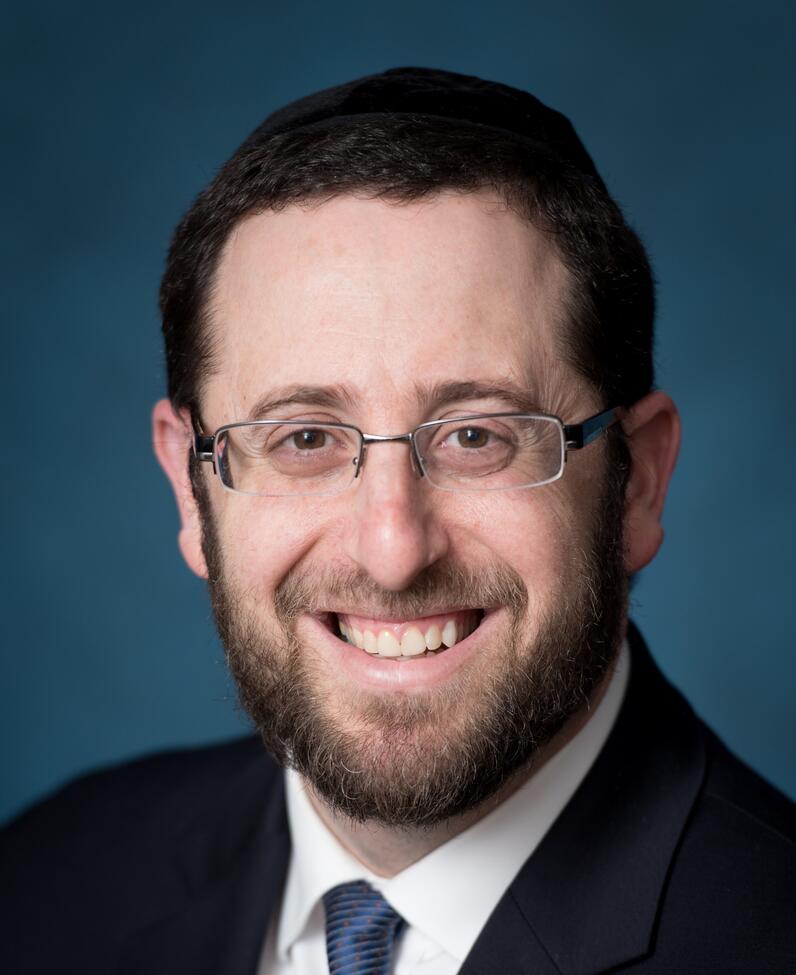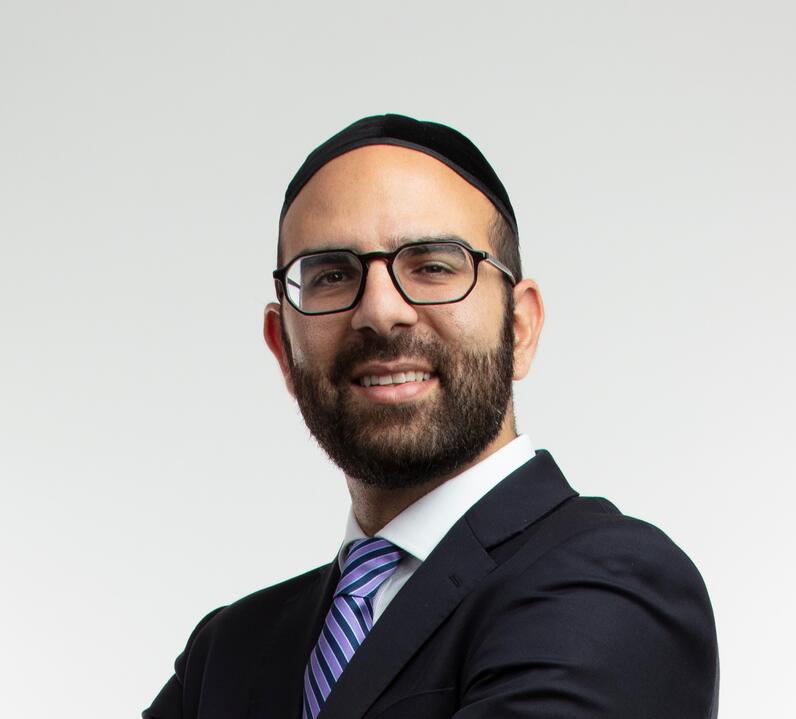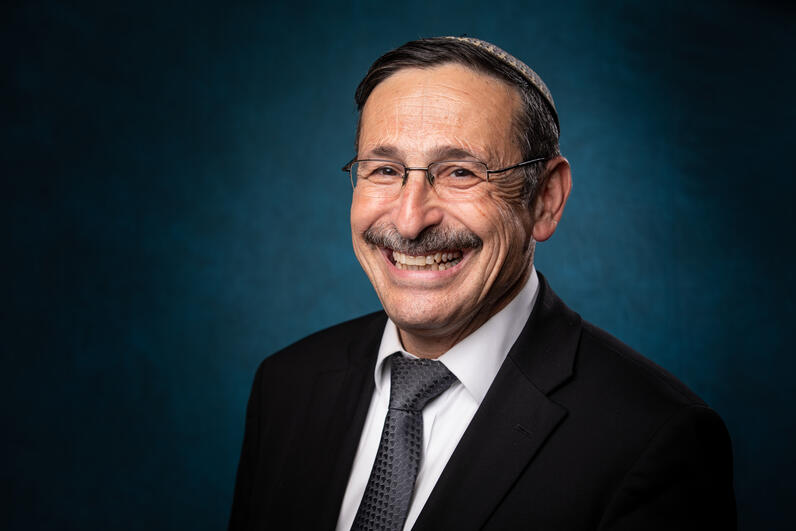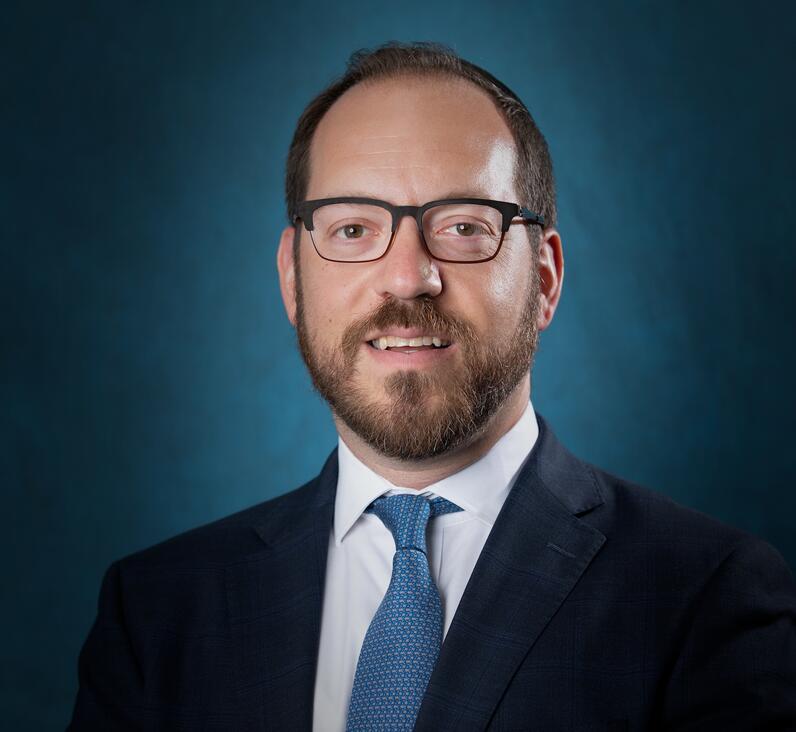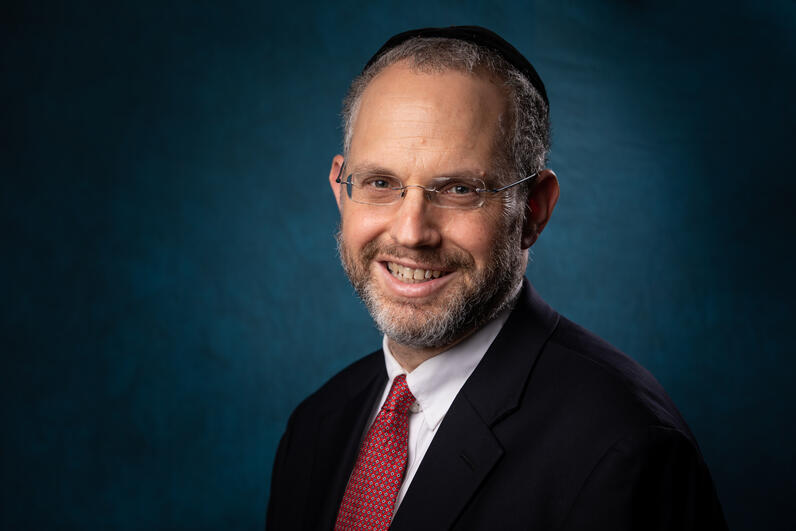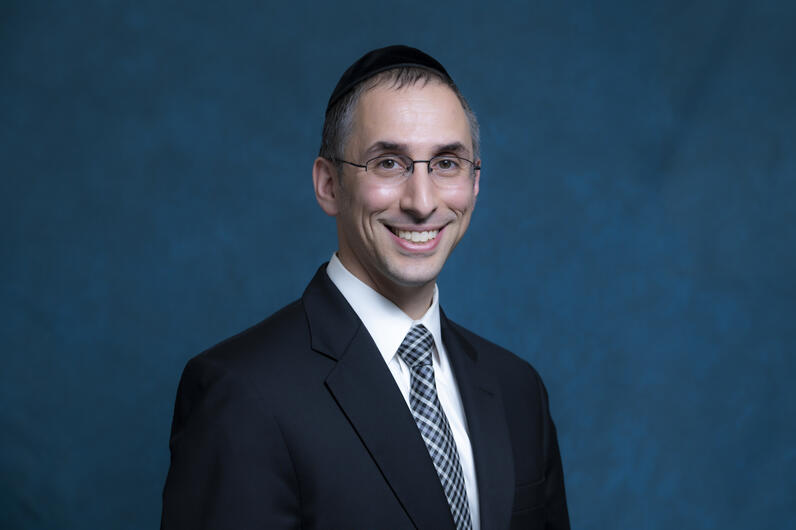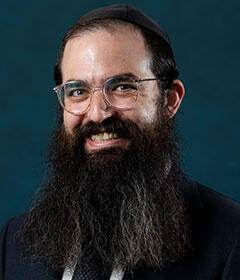
Irving I. Stone Beis Medrash Program
Education Built upon Relationships for Life
The mission of the Irving I. Stone Beis Medrash Program (SBMP) is to create educated and committed Jewish leaders. We believe that an accomplished yeshiva graduate must have a broad knowledge base in the areas of Gemara, Tanach, Halacha, and Jewish thought.
SBMP was established in 1995 through the generosity of the Irving I. Stone Support Foundation. The program offers a combination of directed chavrusa learning and classroom instruction. Students may transfer up to three credits per semester toward completion of their undergraduate college degrees at Yeshiva College and Syms School of Business.
The undergraduate Jewish studies faculty consists of more than 75 leading roshei yeshiva and academic scholars. Many are products of YU's affiliated Rabbi Isaac Elchanan Theological Seminary (RIETS). As a result, they are deeply committed to and immersed in the tenets of the Torah U'madda ideology.
Our faculty teach, lecture and publish across a variety of subjects and contexts—ranging from scholarly articles appearing in Talmudic journals to books on popular culture appearing on Amazon.com.
-
Students applying to Yeshiva College or Syms School of Business also apply to a Jewish studies morning program. Within that, you may choose to apply to the Irving I. Stone Beis Medrash Program (SBMP).
For complete information, contact the Office of Admissions.
To qualify for admission to SBMP, you must be interviewed by a member of the administration of Undergraduate Jewish Studies. You must also demonstrate proficiency in reading and comprehension of selected Gemara passages as well as a general background in Gemara study.
-
Gemara learning B'iyun (in depth) is the core component of BMP. Talmidim start the morning with seder in the beis medrash guided by shiur assistants, followed by shiur. The goal of Gemara study is for students to attain foundational skills they can take with them beyond graduation, in such settings as Daf Yomi, community kollelim, and chavrusa learning.
Tanach and Halacha are mixed in with the BMP curriculum. Tanach study revolves around central stories and themes, as expounded by the classic commentaries. The Halacha component focuses on the basic laws crucial throughout a Jew's life, including the laws of Shabbos, Kashrus, Taharas HaMishpacha (family purity law), daily life, and shul, etc.
Shiurim also include other focus areas such as mussar, Neviim Rishonim and parsha vorts/shmoozes.
Short Sunday shiurim are a vital component of building students' skillset and commitment to Jewish learning. Different shiurim utilize the sunday schedule for different topics. Some are learn Gemara bikiyus, others are dedicated to Jewish thought, focusing on both classic as well as contemporary issues.
Required Texts
Talmidim are required to purchase the Gemara Masechta that their shiur is learning. This can be purchased at any local Seforim store or online.
-
All students must simultaneously attend Yeshiva College or Syms School of Business.
Attendance
Our Yeshiva aims to provide a positive learning environment where each student can reach his full potential in Torah study. We provide varied learning programs, reflecting the diverse interests and skills of our students, along with an outstanding array of Roshei Yeshiva, Rebbeim, faculty, mashgichim and administrators who are concerned about the Torah growth and personal welfare of each student. Our faculty and administration alike are accessible to students to discuss their individual needs and concerns.
Progress in Torah learning is achieved through consistent effort, patience, a modicum of struggle, and keeping to a set schedule. In fact, the word “Yeshiva” means to sit—in a beit midrash or a classroom; without disciplined regularity there cannot be growth. To that end, we have formulated an attendance policy to further these aims and to be of assistance to students who are having difficulty meeting these expectations.
- Talmidim are expected to attend all shiurim and seder and to be present on time.
- Three weeks into the semester the UTS office reviews attendance lists. Talmidim missing more than one day of seder/shiur per week or missing cumulatively four days will be contacted by the office.
- Attendance is then reviewed two to three weeks later.
- If the talmid’s attendance has not improved since the initial correspondence, he must meet with a UTS administrator.
- If the problem persists and talmid accrues the equivalent of 15 total absent days (forty-five total periods including shiur and seder), withstanding specific mitigating factors, he will be placed on probation the following semester. Extenuating circumstances are taken into consideration when the number of absences is reviewed.
- Ten minutes late is the equivalent to ½ absent, twenty minutes late is the equivalent to absent.
- Students are expected to give their full attention to the class. Students that are texting or surfing the web during class will be marked absent.
- Probation, as stated in the catalog, requires the talmid to take shiur for credit and limited to 13.5 total college credits.
- If a student is absent more than 50% of the time, an automatic grade of “G” is recorded for the course.
- Two semesters in a row of probation are grounds for possible dismissal from the university.
Grades
We expect students to maintain a passing grade average in order to continue in the program.
The attendance record may be taken into account when determining a student's status in the University. Continued unexcused absences will result in the student being dropped from the course with a grade of G. This can lead to probation or academic dismissal from the college.
Examinations
Midterm and final examinations are required in each course.
-
Please contact us if you have any questions about the Irving I. Stone Beit Midrash Program.
We look forward to hearing from you.
Rabbi Yosef Kalinsky
Dean
Yeshiva University
Glueck Center for Jewish Study
515 West 185th Street
New York, NY 10033Telephone: 646.592.4068
Fax: 212.568.7400E-mail: sbmp@yu.edu


